
Religious hatred matters. Jihadi violence targeting Christian houses of worship during religious holidays explicitly conveys theological hostility. This terrible reality is unpalatable for some analysts, who remain content to blame other forces.
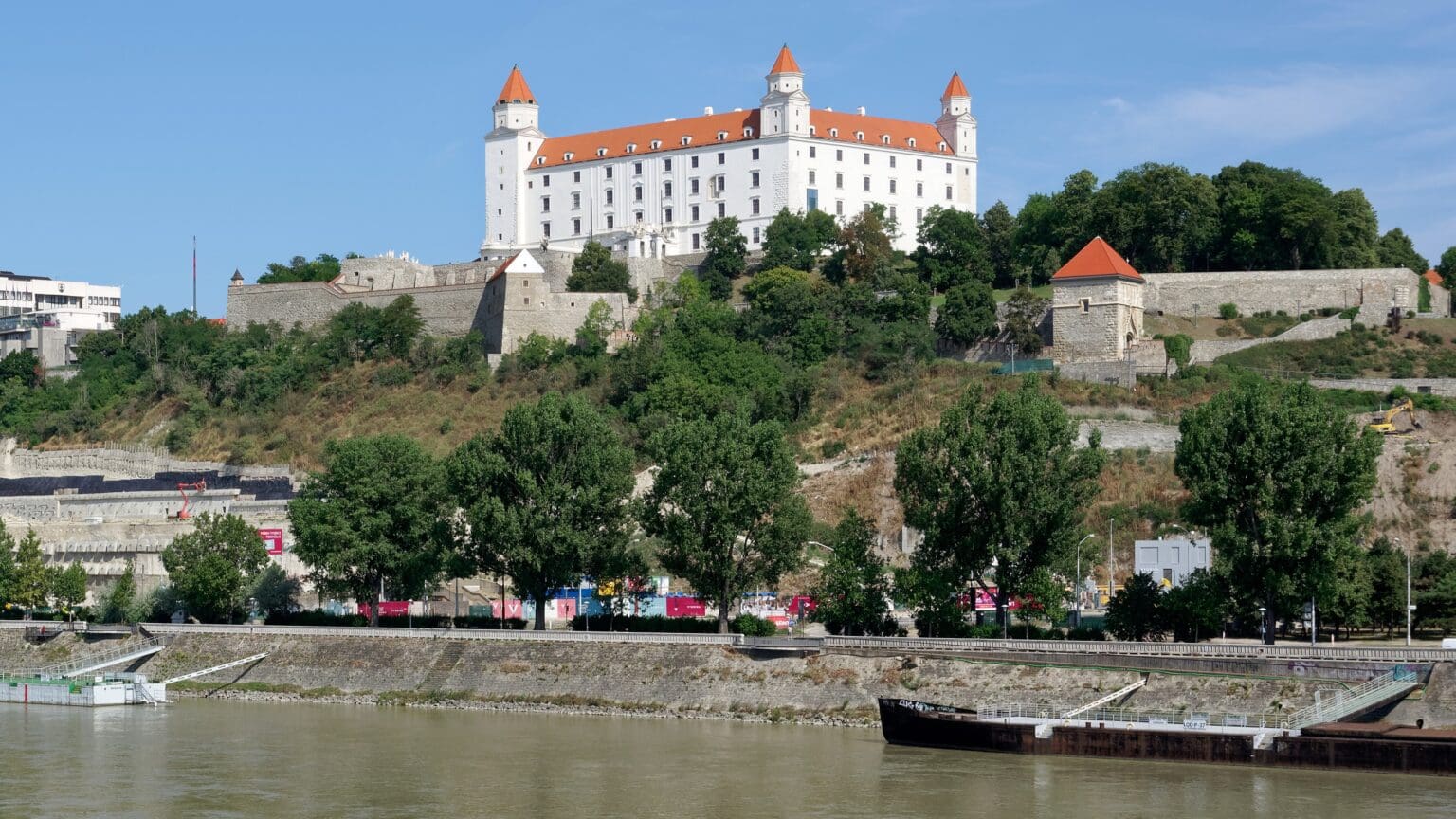
Slovakia’s upcoming early elections are attracting a lot of attention internationally, but the Hungarian ethnic parties, unable to surpass the parliamentary threshold since 2020, are again unlikely to enter the Bratislava national assembly. What has led to this situation? Why are Hungarians in the Uplands divided?
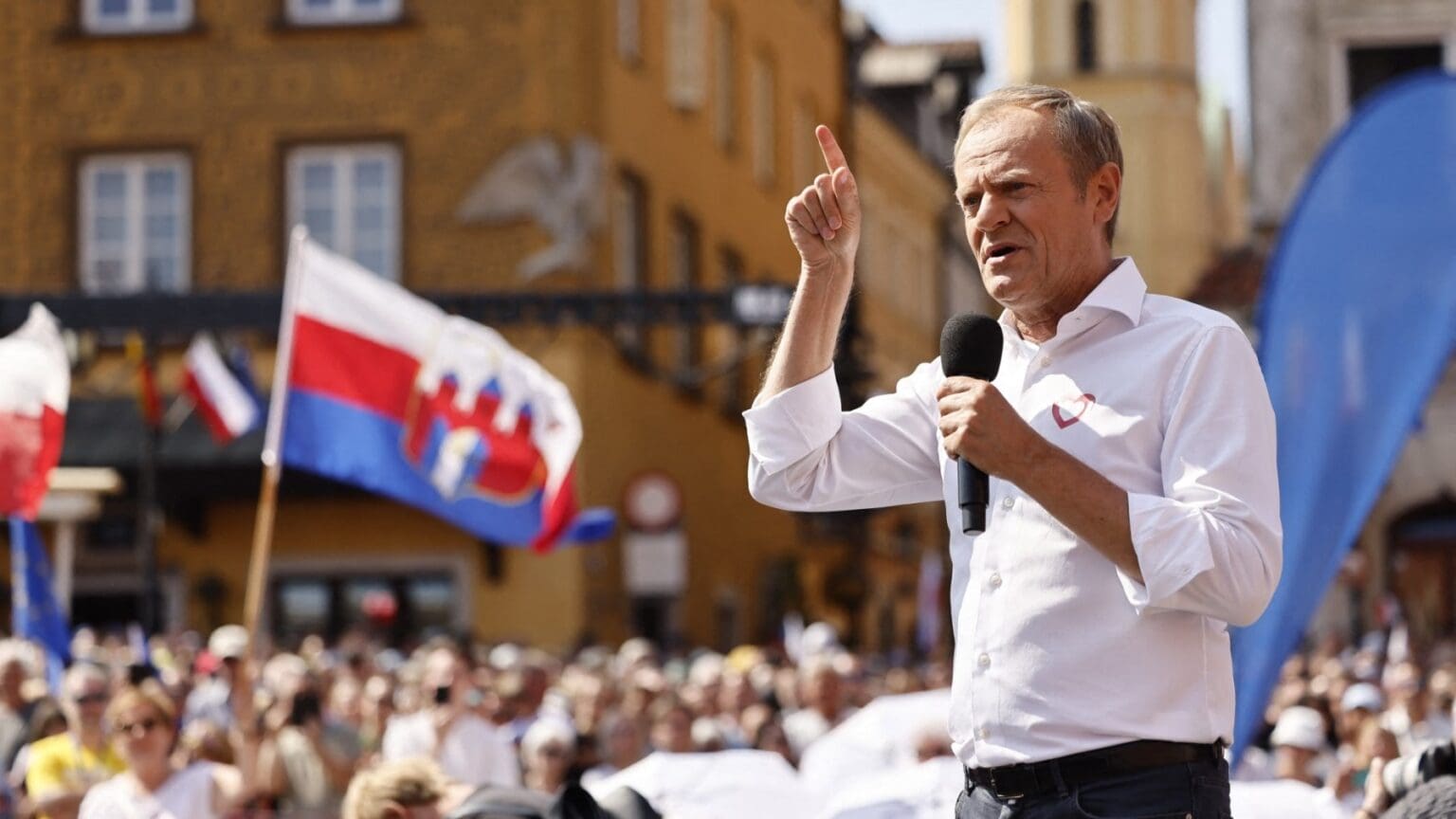
The confetti cannon has been fired and the Polish campaign is officially underway: at the beginning of August, President Andrzej Duda set 15 October as the date for the parliamentary elections, an event that is making not only the Poles but also Hungarians hold their breath.

The Hungarian Jewish leaders and the Israeli Prime Minister discussed issues of Jewish communal life in Hungary and the events that may accompany the possible relocation of the Hungarian embassy from Tel Aviv to Jerusalem. With the potential move of the Hungarian mission to Jerusalem Hungary would become the first EU country to recognize that Jerusalem is Israel’s capital.
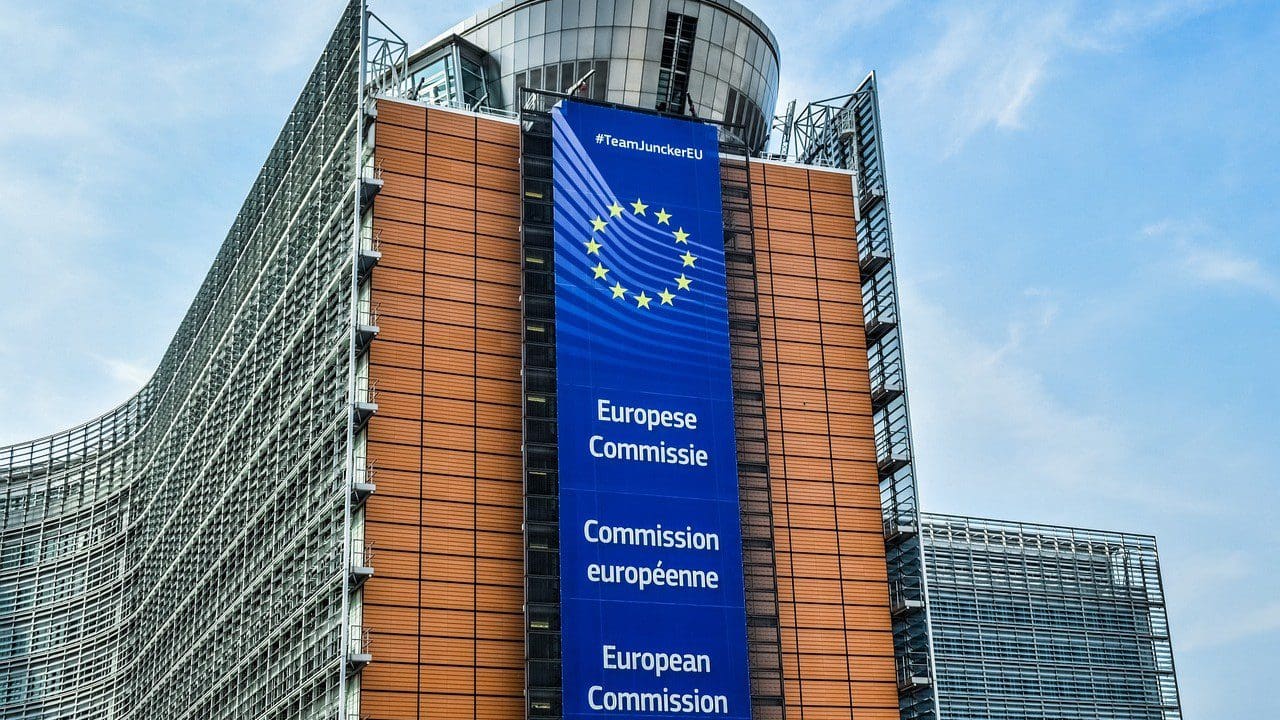
As the European Commission’s politicization takes place without real democratic political legitimacy, serious dilemmas arise: what exactly are the interests of the President of the European Commission, and whom does she represent when she gives her annual State of the Union Address?
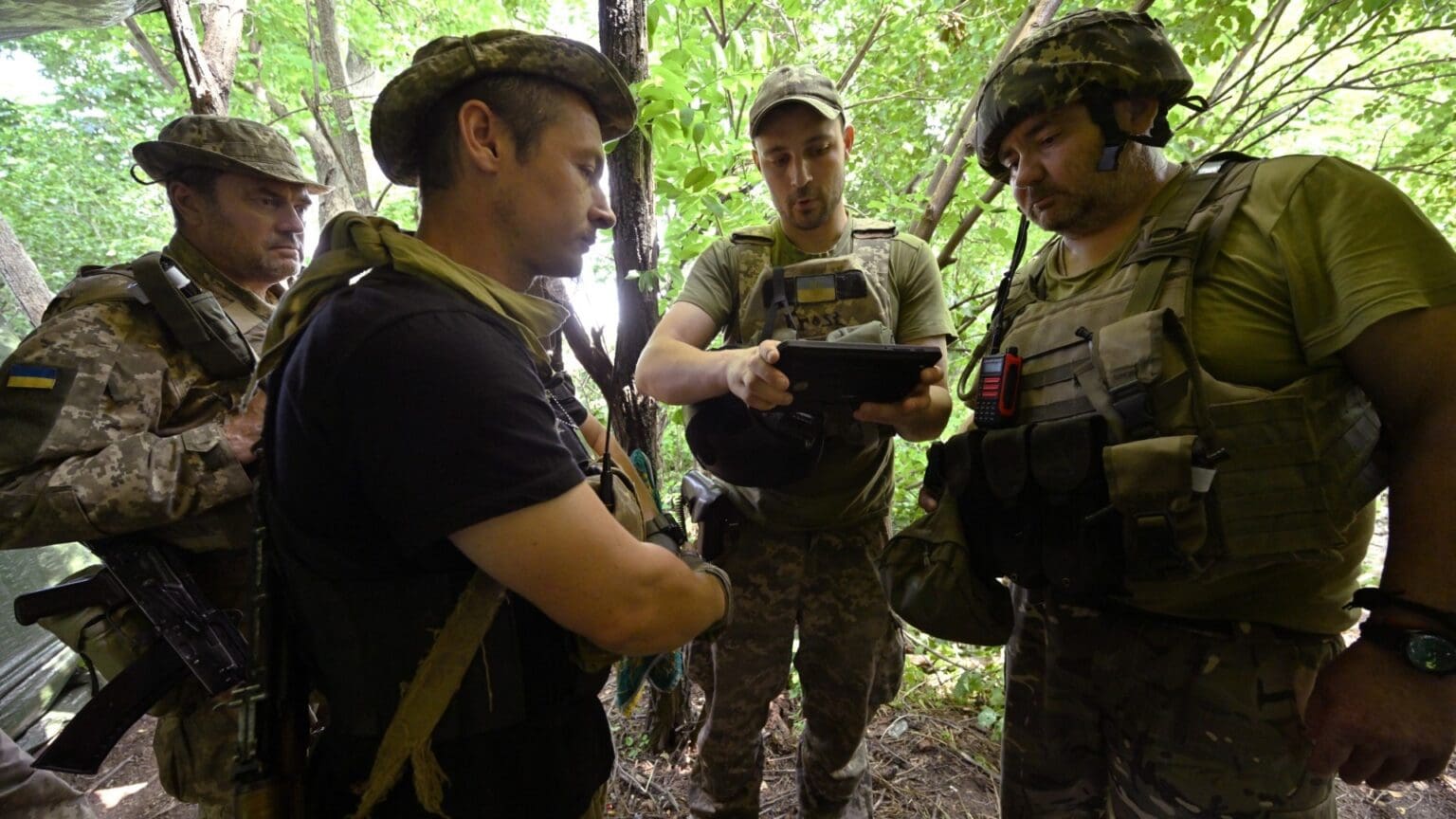
The next few weeks will show the true situation on the front: success in Ukraine will bring the war closer to its end; failure could result in a stand-off and the conflict dragging on for years.
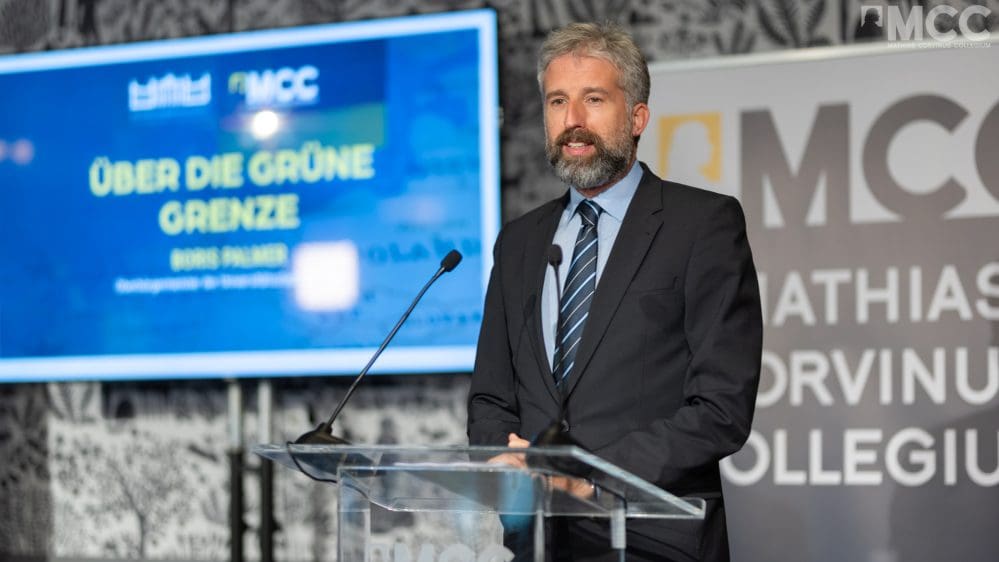
Boris Palmer was once a wunderkind of Germany’s Greens, but his controversial takes on migration and cancel culture have forced him out of his party. His appearance at one of MCC’s events is not less divisive: is he a new Orbán-Versteher in the making?

Although Hungary had already cooperated with the alliance during the Yugoslav wars, 9/11 was the first major event when the country had to demonstrate its commitment to the alliance and collective defence as a full-fledged member of NATO.
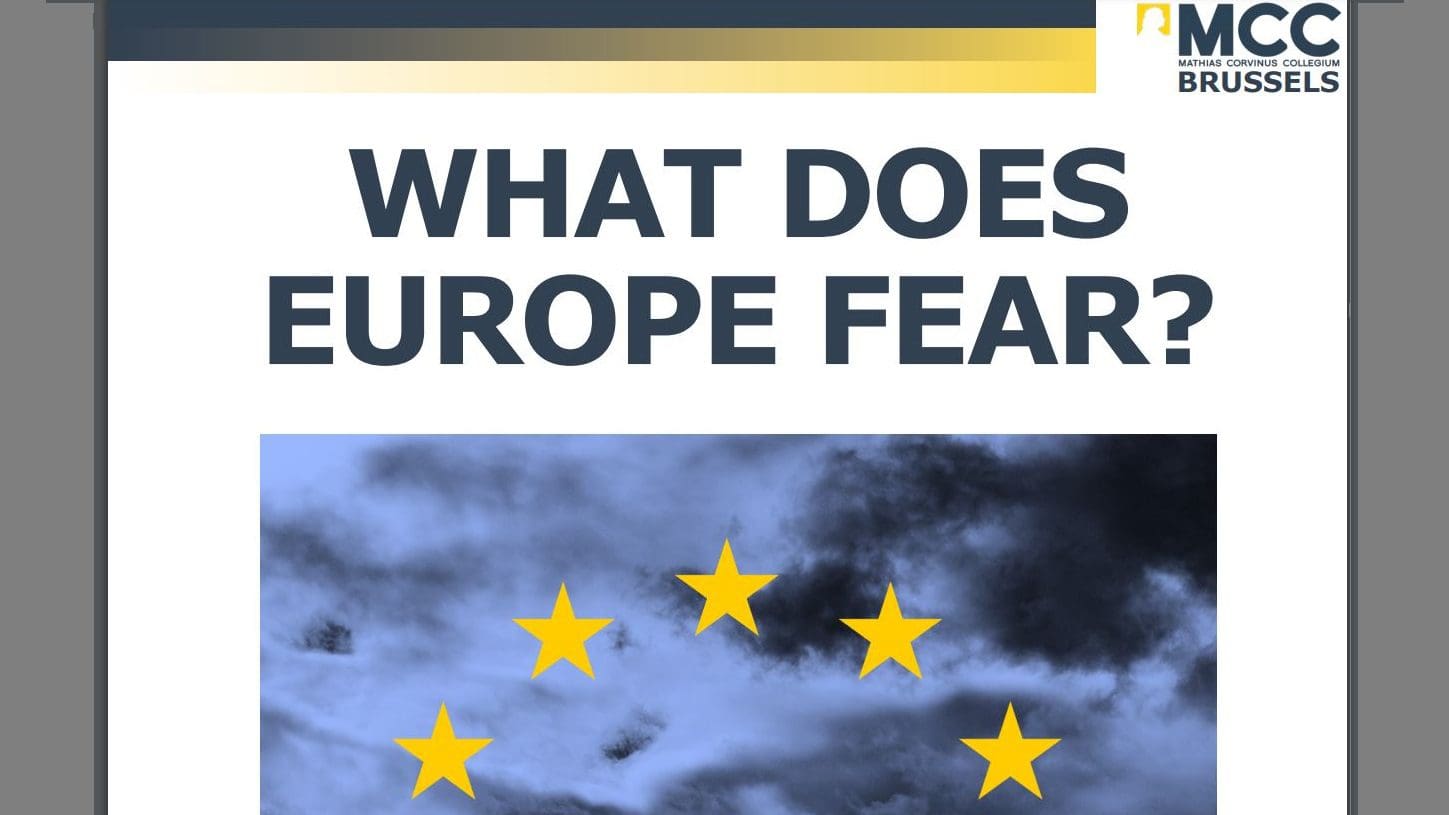
According to Professor Bill Durodié, the report’s author, many questions in the Eurobarometer surveys primarily revolve around respondents’ perceptions of the European Union, its institutions, policies, and direction, and the report demonstrates that the formulation and presentation of questions and response options have been designed to promote ‘integrationist’ sentiments.

The incompetence of the European Commission has caused enormous damage to the European farmer society. The huge quantity and uncontrolled flow of low-quality Ukrainian grain into the EU may even challenge the integrity of the common market.
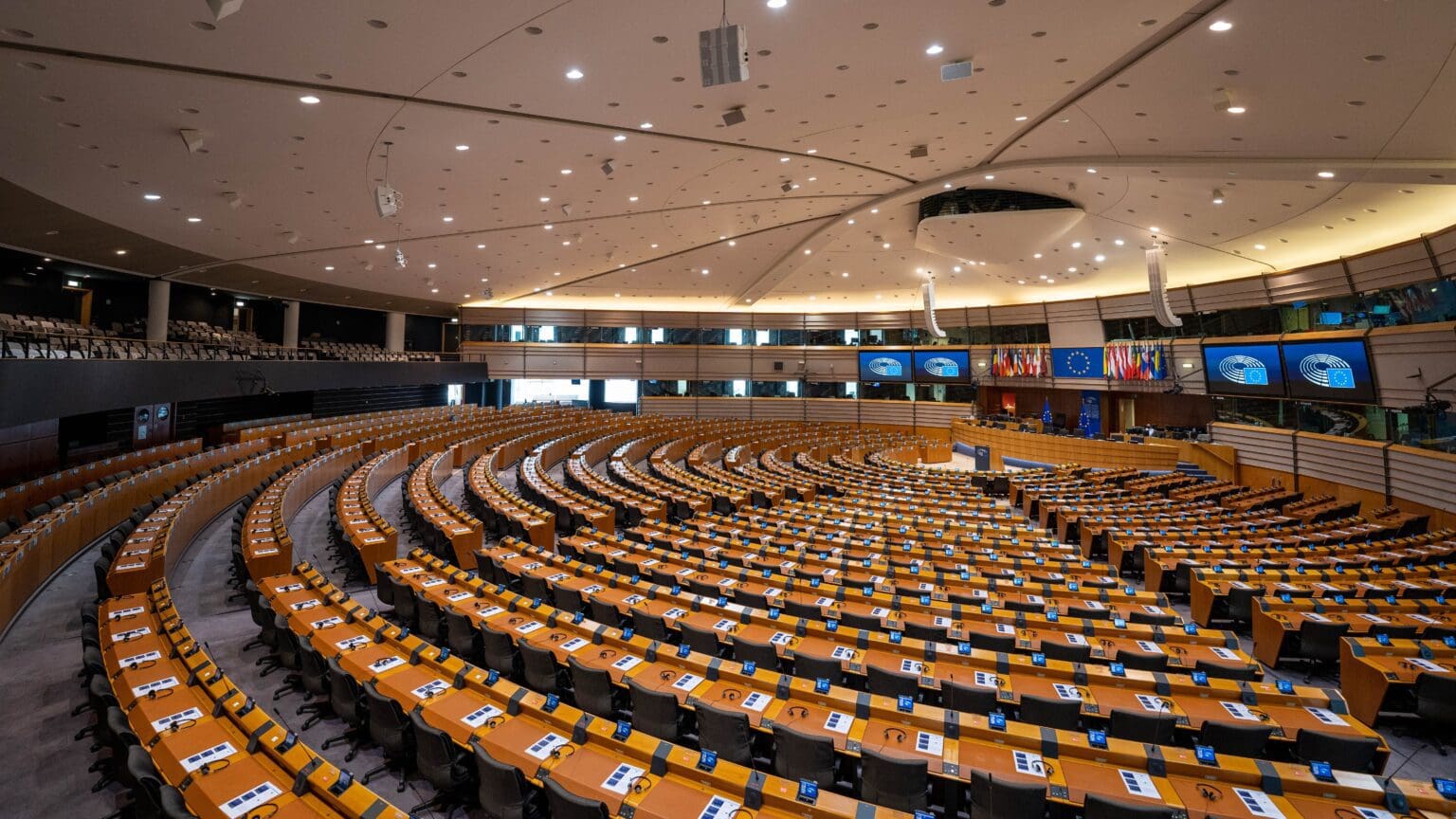
The European Parliament’s new campaign proposal would not only end the foreign affairs veto by amending the EU treaties but would also give the EU more power in the area of the rule of law and migration. As part of that overreach attempt, it would also suspend Hungary’s right to hold the EU presidency.

It is evident that the 2024 field of candidates is double-edged. While it is incredibly crowded and diverse, it is dominated by Biden and Trump.
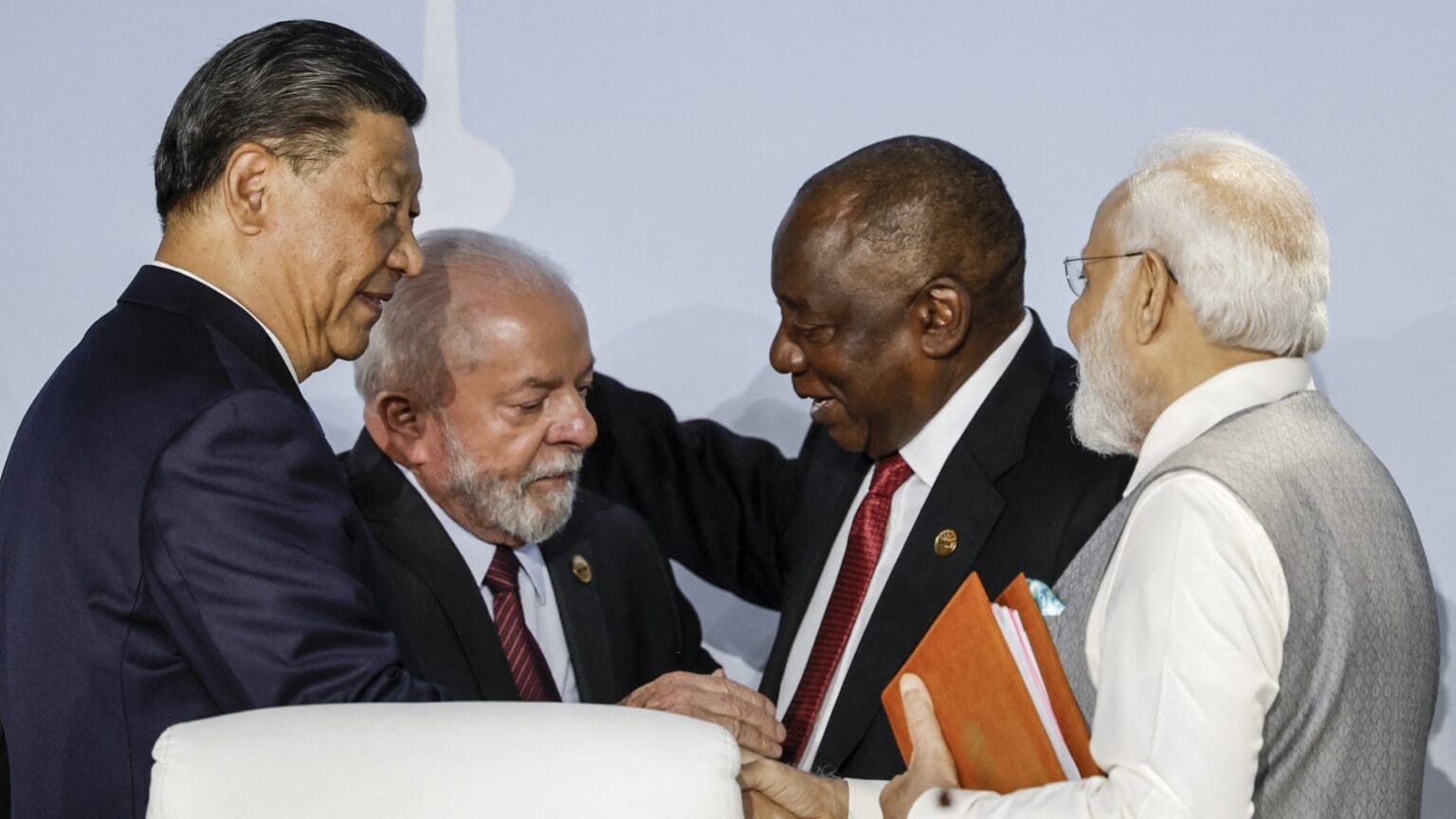
Both the G7 and the BRICS countries are led by self-interest. Superpowers are superpowers, whether they are Western or Eastern: they intend to expand their influence on the global stage. The lesson for Hungary is to maintain good relations with everyone, but defend oneself against all types of neo-colonialism, be it Western or Eastern.

From the inception of post-Soviet Hungary, East Asian relations have been oriented towards trade as well as knowledge and information exchange. With the opening up of the Hungarian economy, foreign direct investment (FDI) began to flow in from Taiwan, China, and India, and was widely distributed over a diverse range of sectors including finance, retail, mining, and those that this article focuses on: automotive manufacturing and logistics.

As Japan’s example continues to illustrate, hope and one’s true objective must never be forgotten, let alone given up. For Hungary, as for Japan, national interests and the progress of the nation constitute both the foremost goal and the means to achieve it.
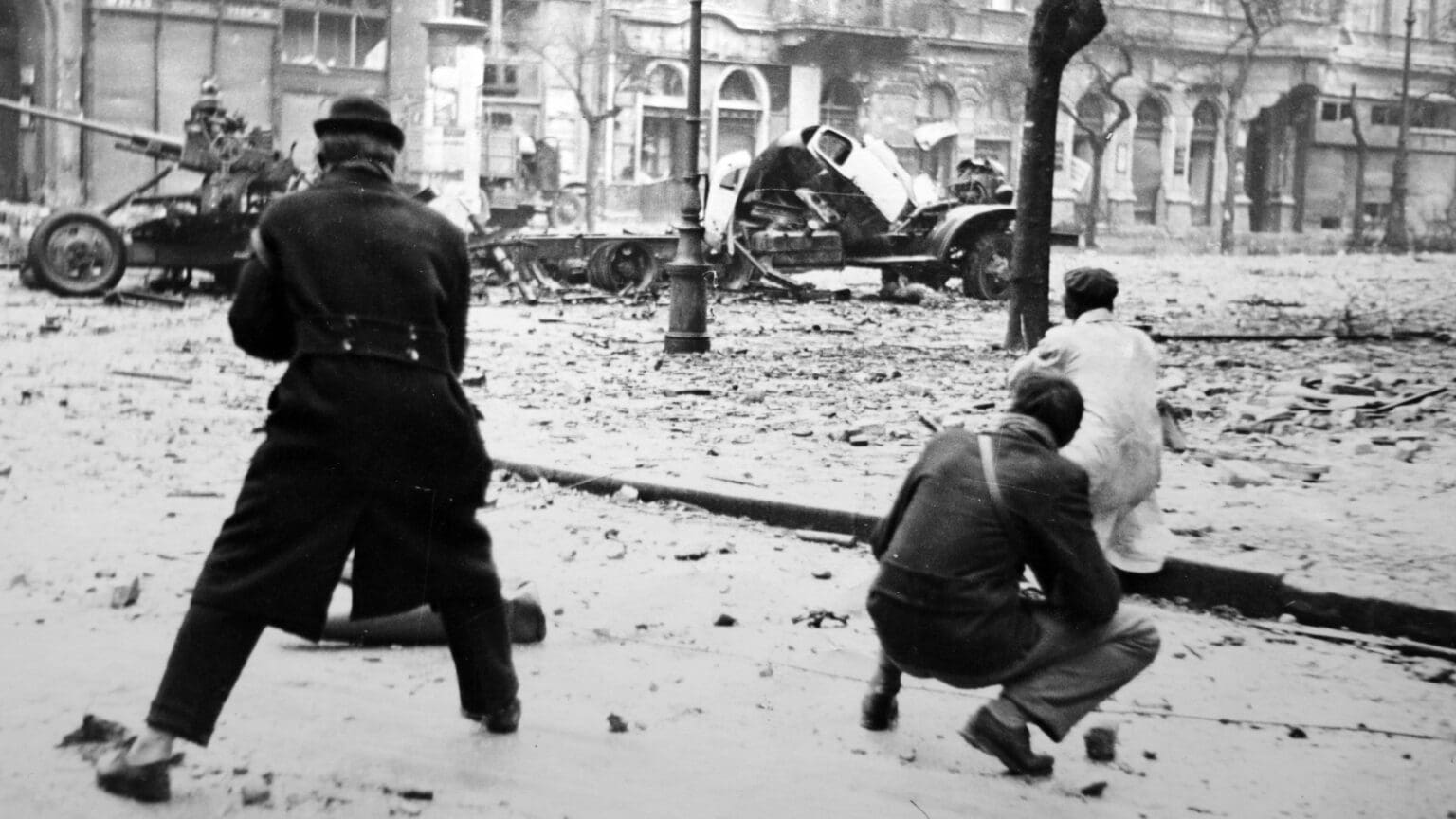
A recently released Russian history textbook defaming the Hungarian 1956 Revolution and Freedom Fight has caused serious public uproar in Hungary, with many on the right and the left denouncing it as a falsification of history.

American political pundit Tucker Carlson sat down again for another interview. This time, they discussed the ongoing Russo-Ukrainian war, the national pride of Hungarians, the indictments against Former US President Donald Trump, and more.

The new ambassador to Hungary, Sándor Fegyir (in Ukrainian: Федір Федорович Шандор) was born in Ungvár (Uzhorod) into a Hungarian Ukrainian family in 1975. A sociologist and university professor, he volunteered to fight for his country when Ukraine was invaded by Russia, and he has been on the front ever since as the leader of the so-called ‘Tanscarpathian Dragons’ unit.

According to the calculations of a study commissioned by two EP groups and those of the Hungarian Makronóm Institute show that the European Union’s energy policy is fundamentally flawed, and that the targets set, namely a significant reduction in carbon dioxide emissions, can only be achieved by actively involving nuclear power plants.
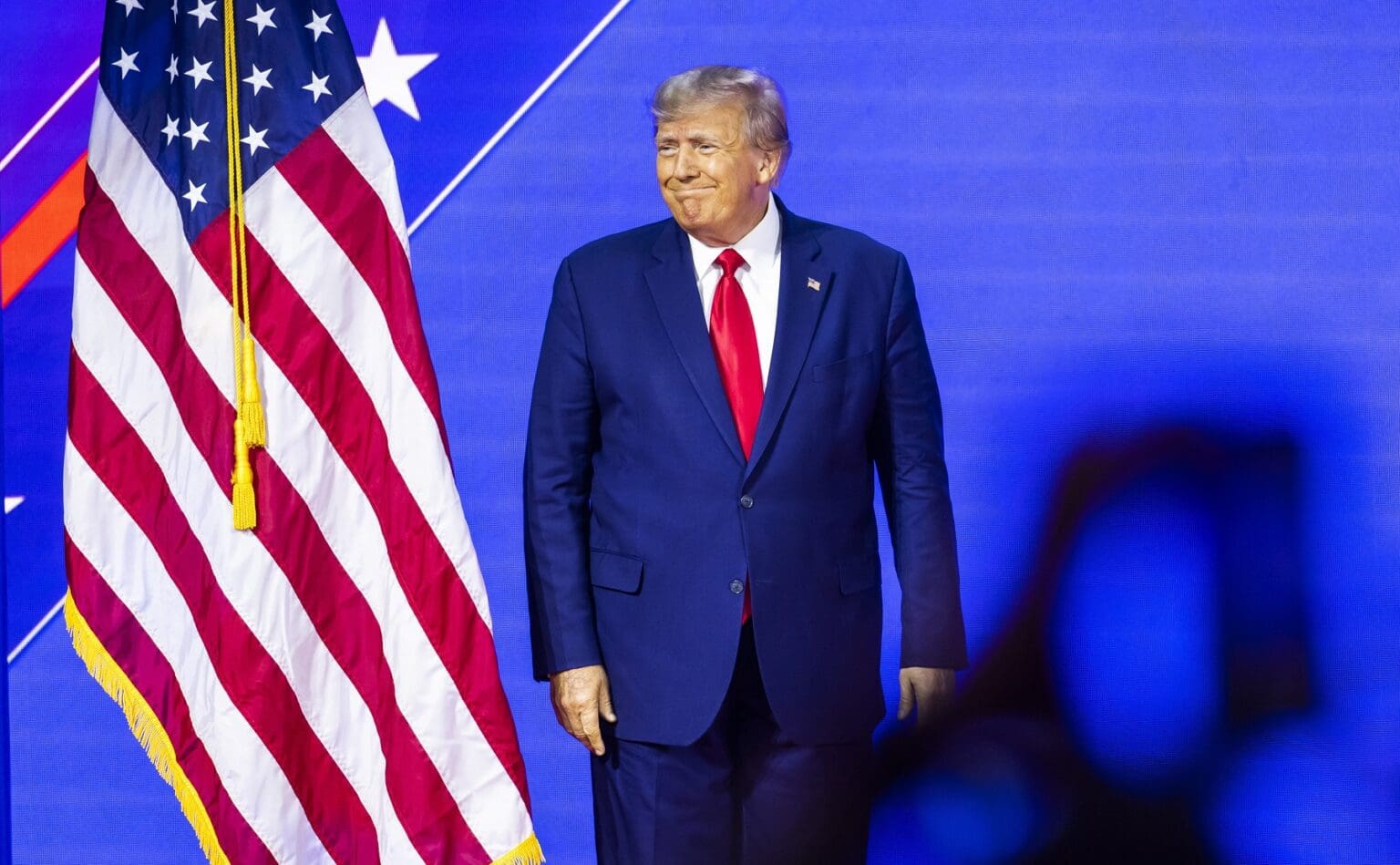
The United States of America will elect its president next year. While most Republican voters apparently support the return of Donald Trump, there is a huge and diverse field of candidates fighting for the chance to challenge Democratic incumbent Joe Biden.
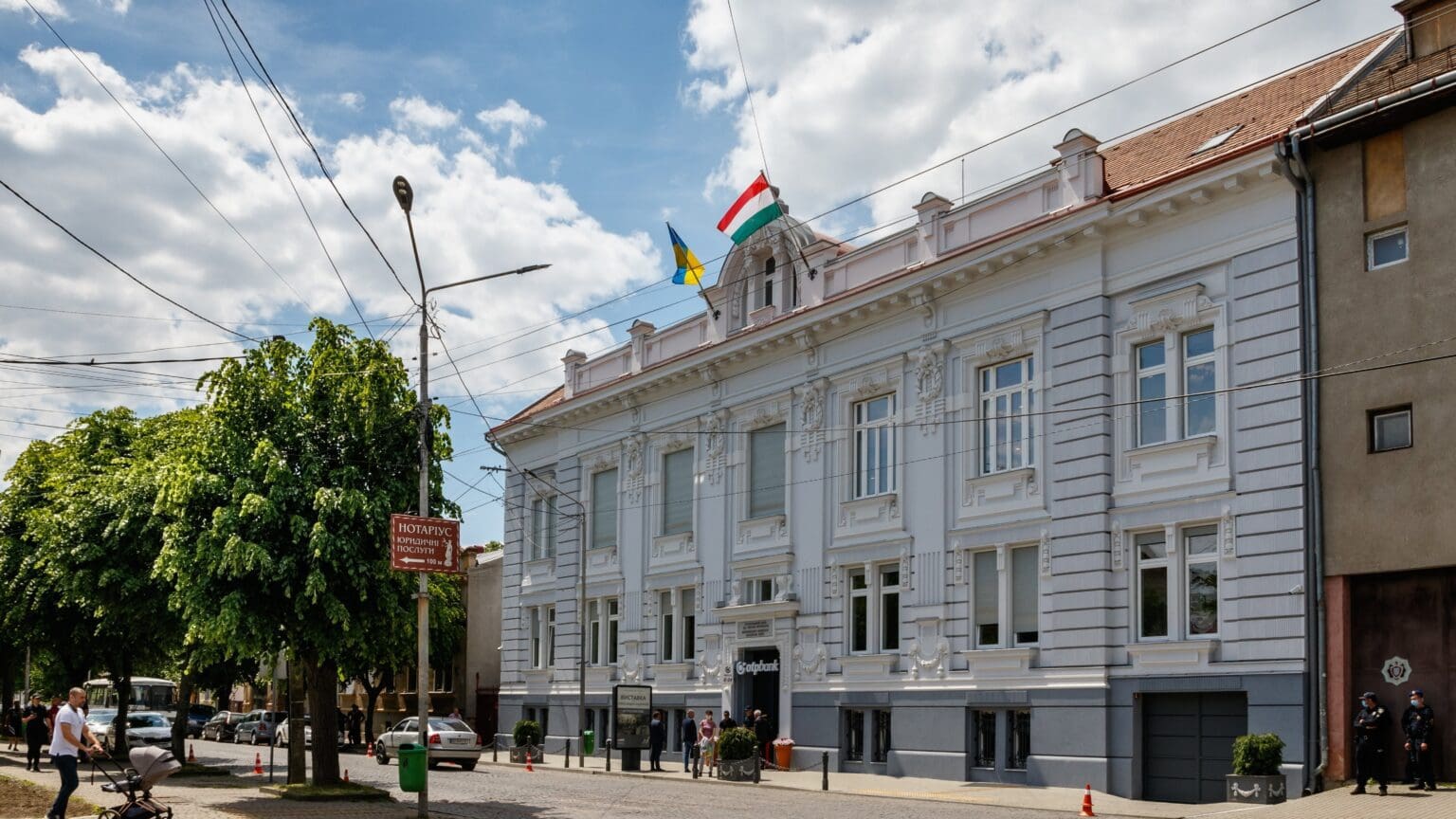
Contrary to what one might expect, Ukrainian media outlets have not shown support for the recent provocative appointment of Marija Pauk as head of the II. Rákóczi Ferenc school in Transcarpathia.
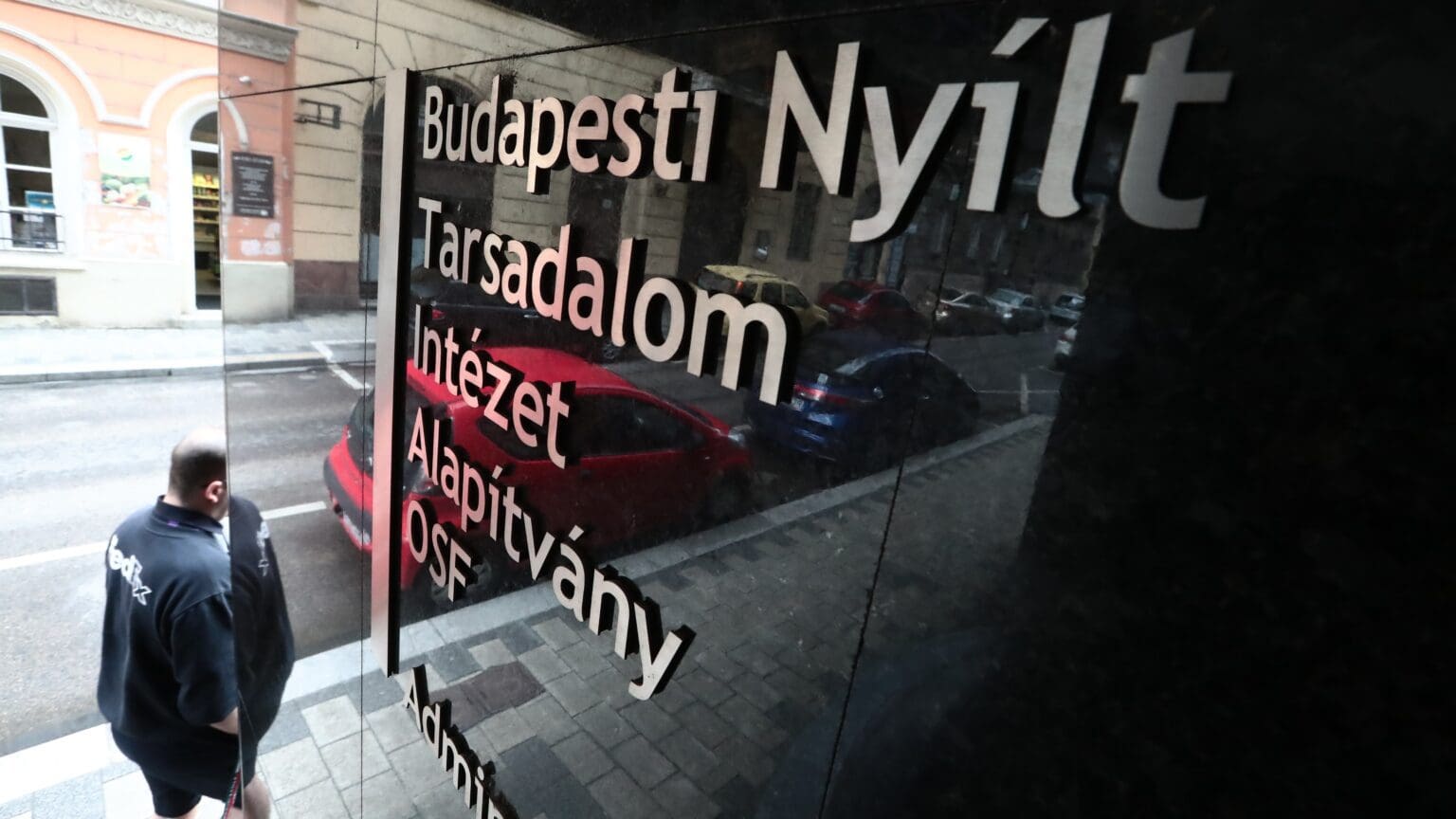
OSF pulling out of the continent is good news for sovereigntist governments, but it may be too early to rejoice.

While the other Republican candidates were at the Fox News debate in Milwaukee, Wisconsin, President Trump hosted Tucker Carlson at one of his private residences in Bedminster, New Jersey for an interview. That interview amassed a staggering 250 million views on the internet.
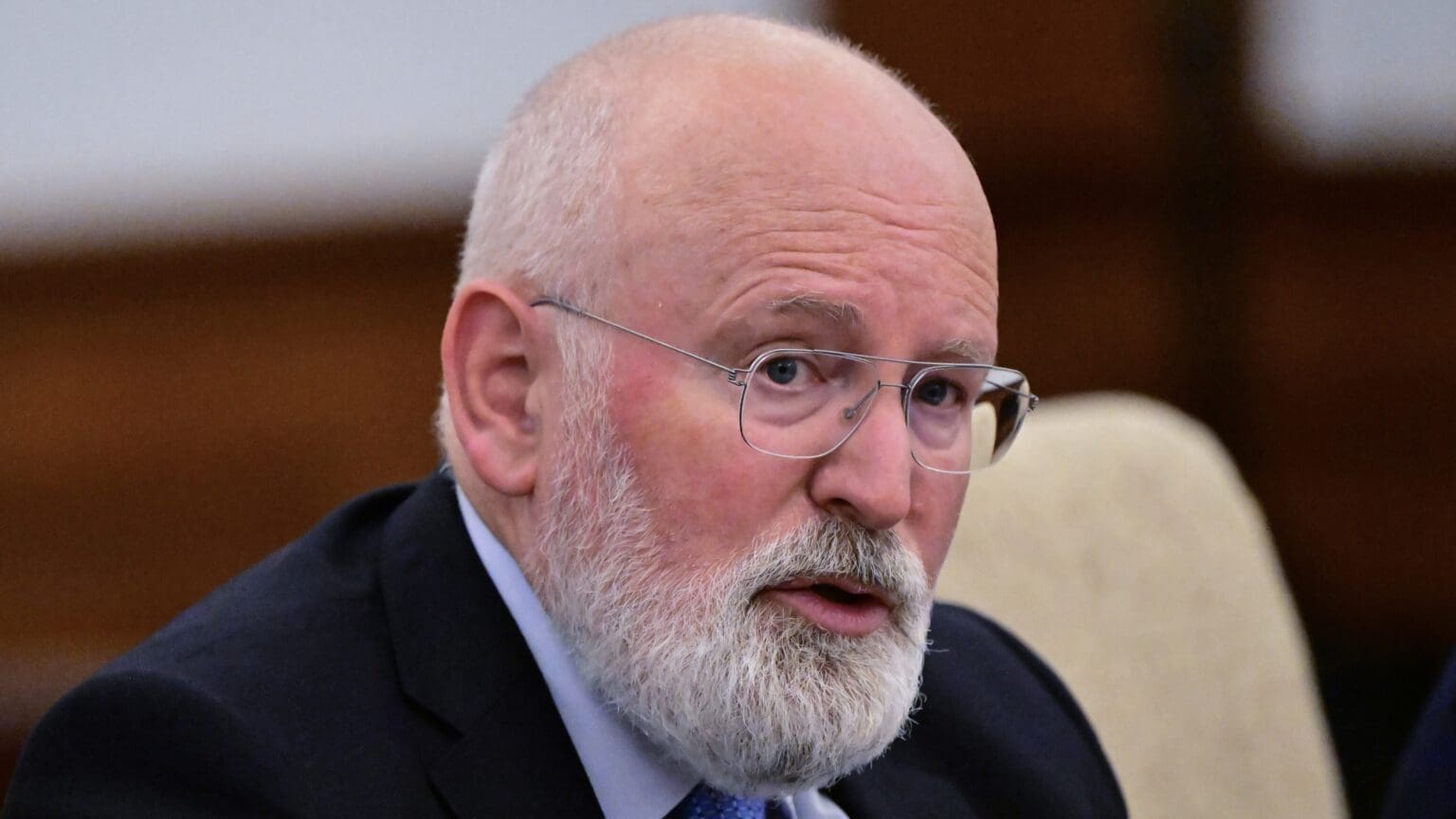
Timmermans’ name might ring a bell with our readers, as he has frequently criticised the Hungarian government and Prime Minister Viktor Orbán.
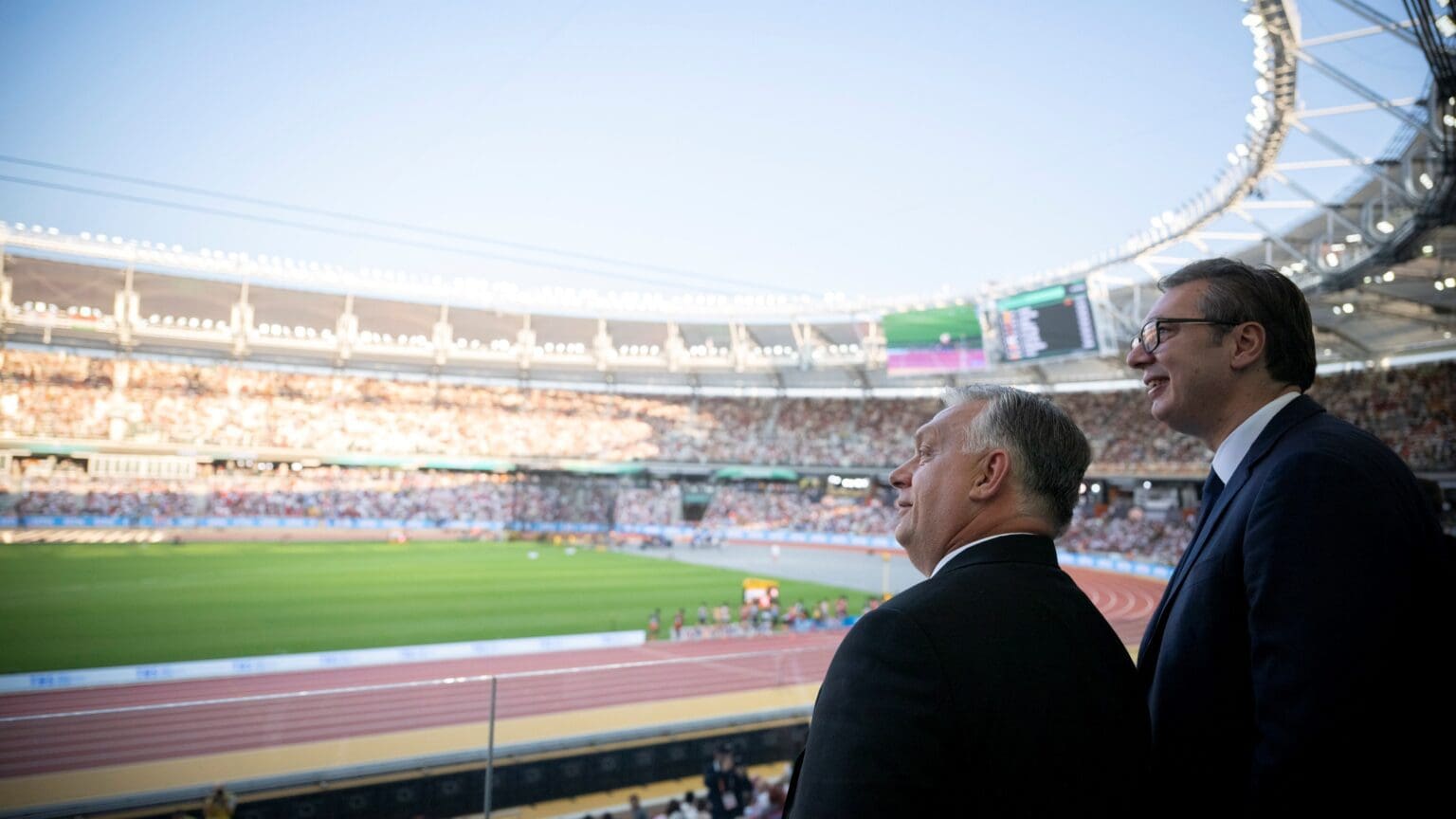
Over this past weekend that saw the 20 August celebrations and the grand opening of the Budapest World Athletics Championships, Prime Minister Viktor Orbán met with the leaders of several countries, creating a one-off diplomacy summit in Hungary.
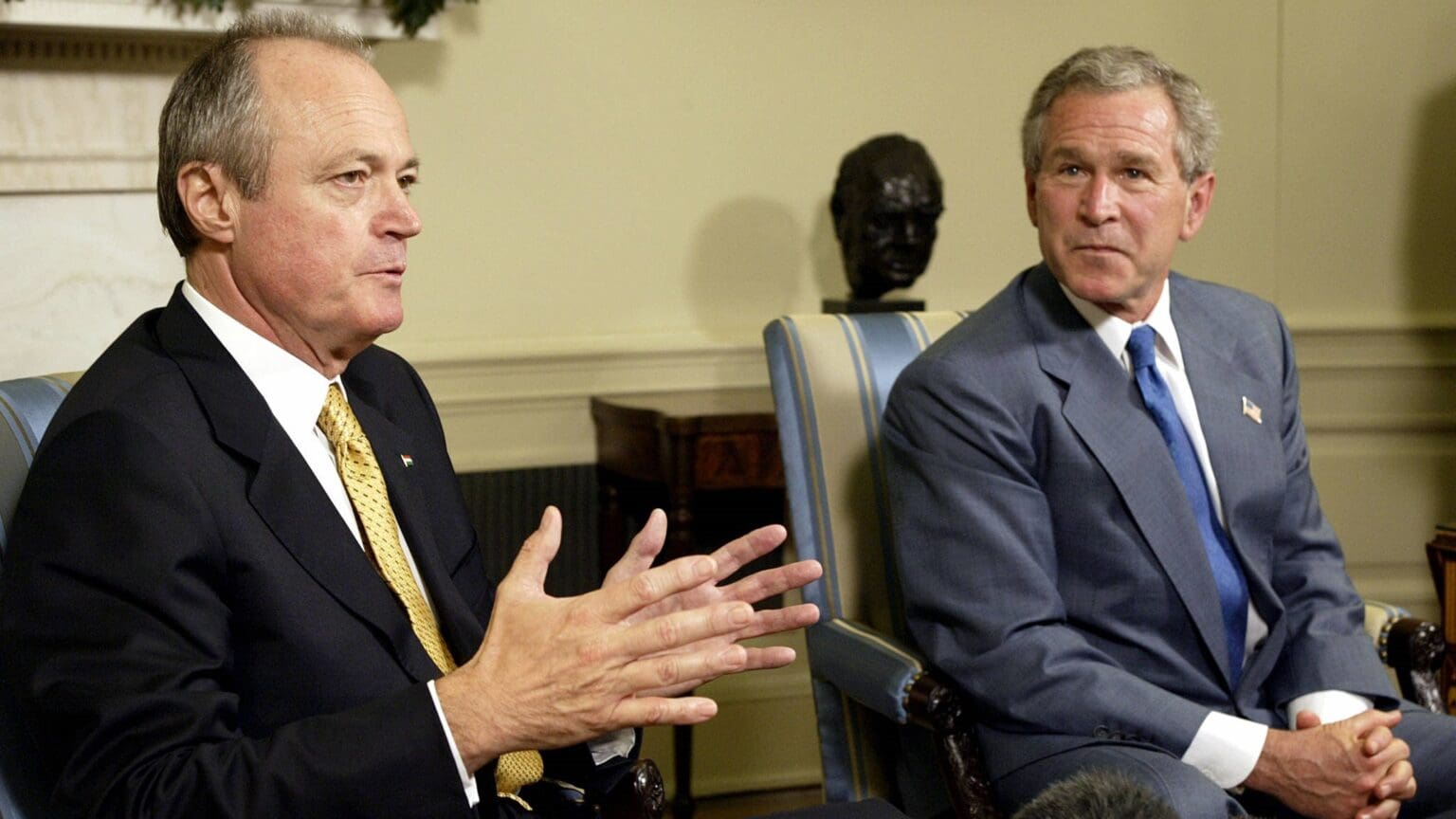
Socialist Prime Minister Péter Medgyessy resigned on 19 August 2004, partially due to his engagement in counter-espionage for the communist regime being exposed by the newly independent and free media.
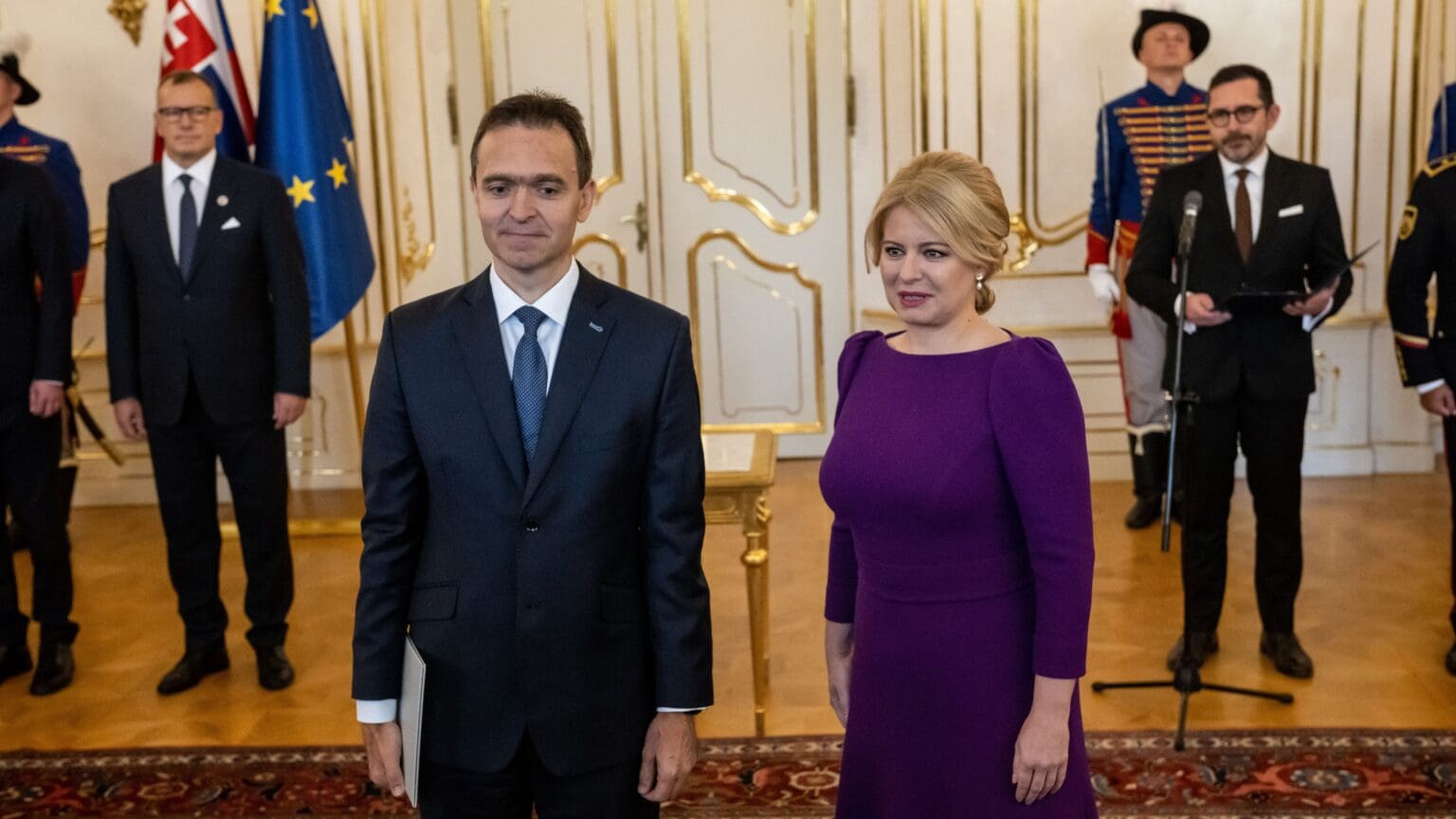
Lajos Ódor, who was appointed Prime Minister by the President of Slovakia in May in the midst of a political crisis, made some statements in a public discussion at a festival which suggested that Viktor Orbán is isolated on the world stage in his views. Fidesz MP Tamás Menczer reacted in a poignant Facebook post.
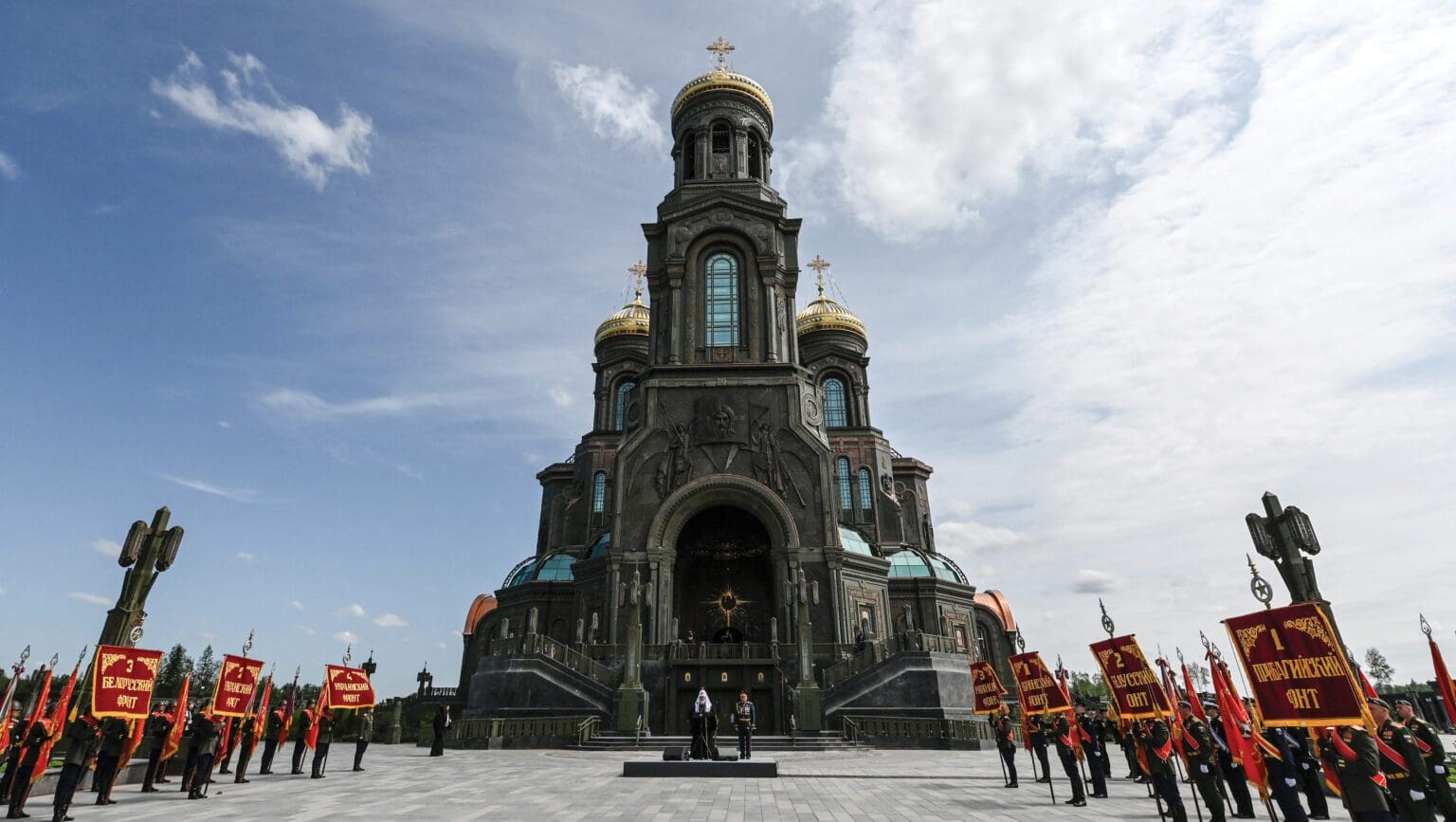
The rhetoric of spiritual mobilization, of Russia’s responsibility for the fate of the world, and of the ‘burden of the Russian people’ is becoming dominant once again as it was many times before during tragic periods in Russian history. Economic sanctions and diplomatic isolation as the punishment for the annexation of Crimea and the war in Ukraine are interpreted by the Russian regime and the majority of Russians as confirmation of progressing Anomia in the West, and will strengthen the Katechonic argument.
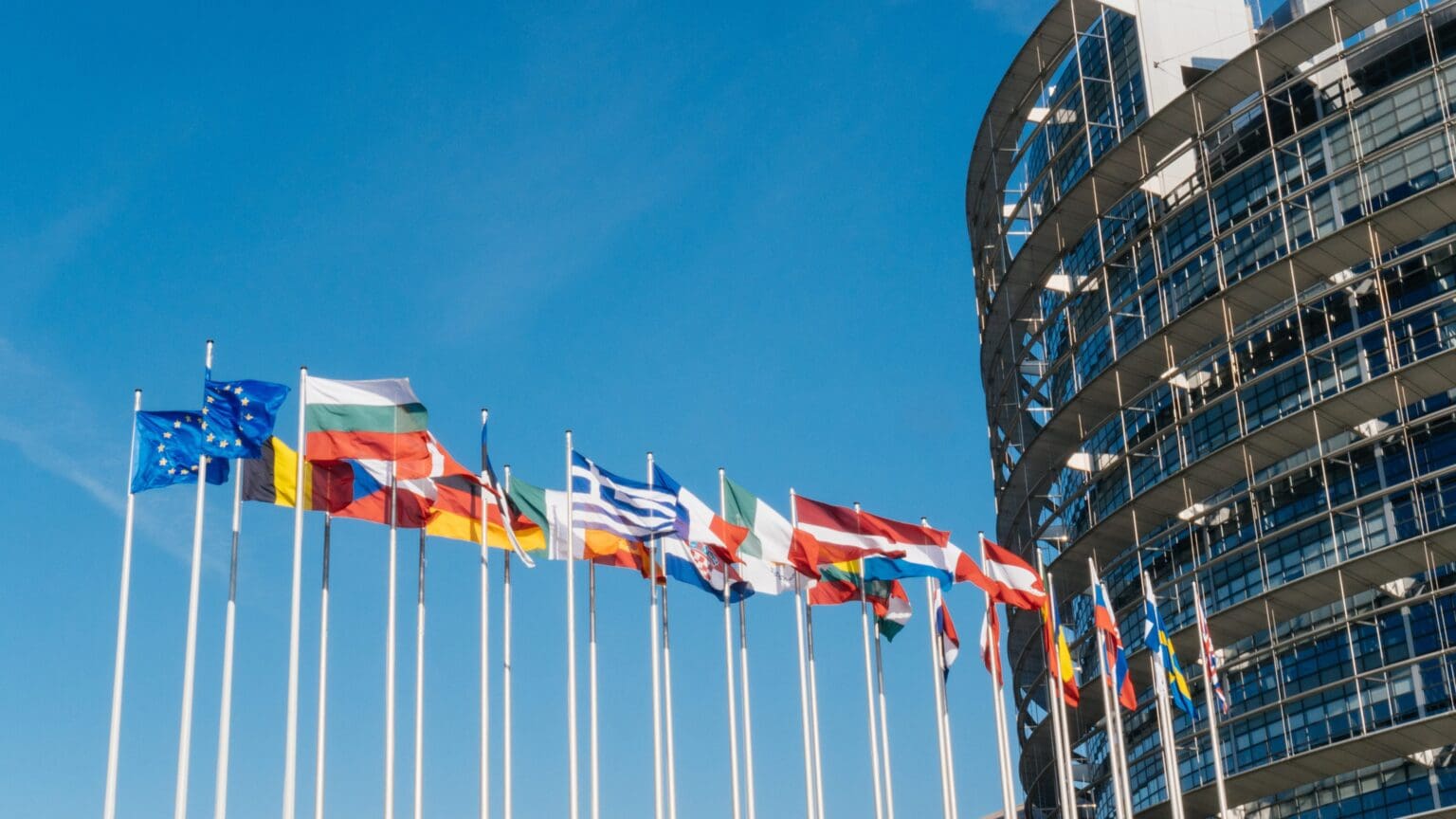
It seems that the majority of MEPs are aware of the legal and political limitations of the options for action outlined in the Meijers Committee’s analysis, but are committed to continuing to exert political pressure on Hungary and Poland in the coming months.
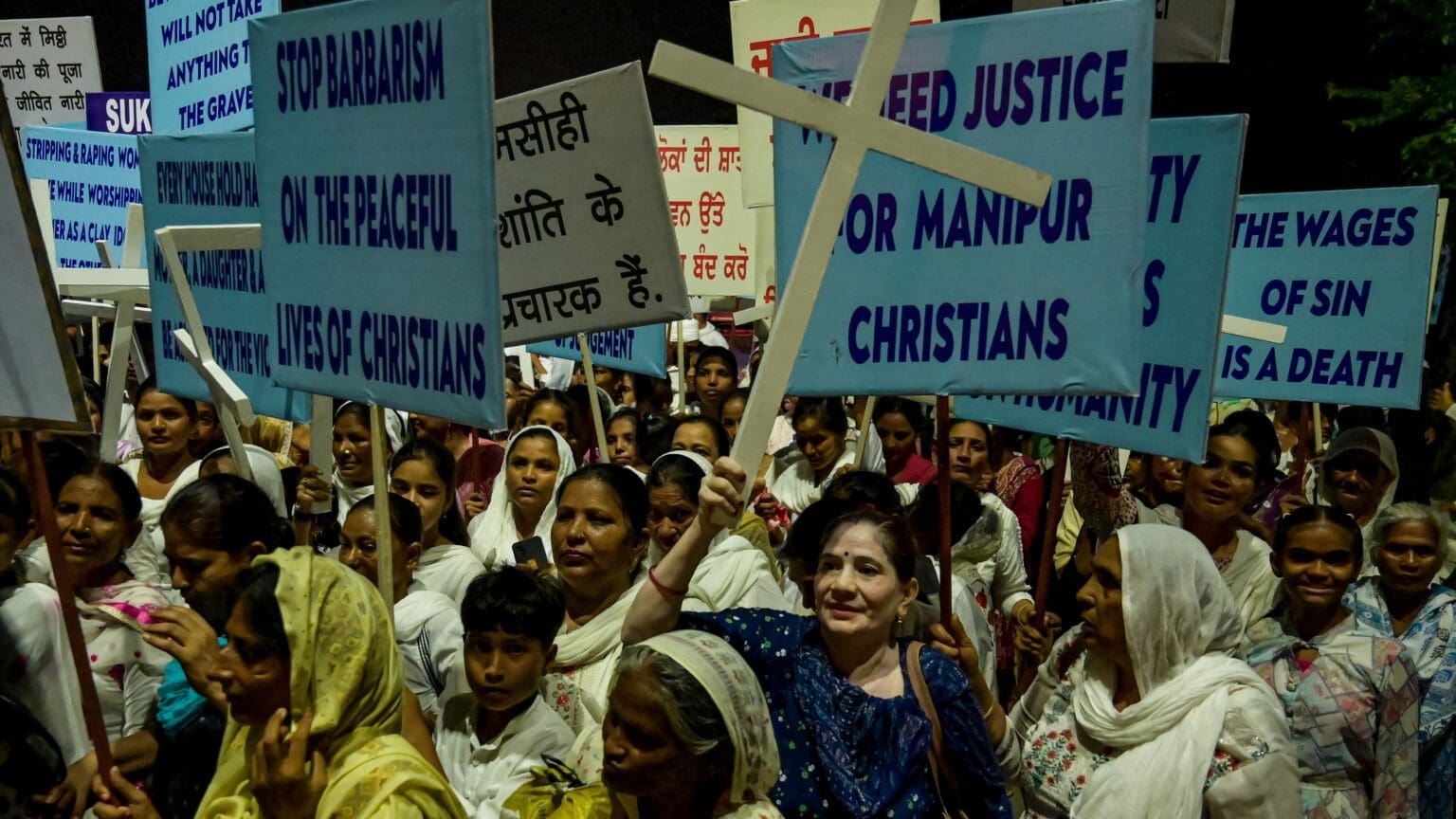
The ongoing conflict has seen the direct targeting of religious symbols, places of worship and refuge as more than 250 churches of different denominations have been burned down or damaged across the state. Since the clashes began, 180 people were killed, thousands have been injured, more than 60,000 have been displaced, and more than 12,000 have fled to the neighbouring Mizoram state.